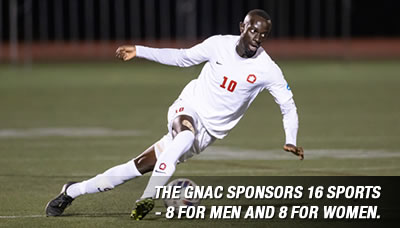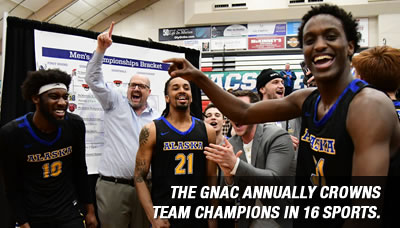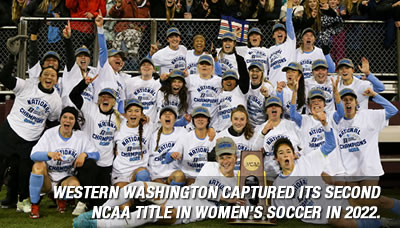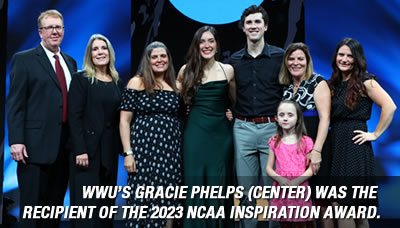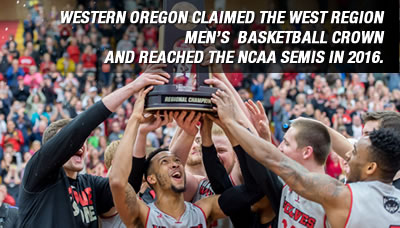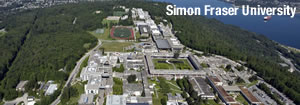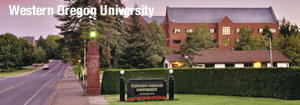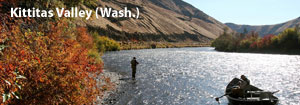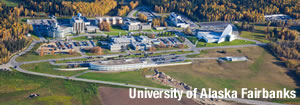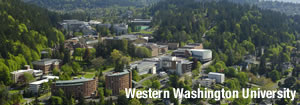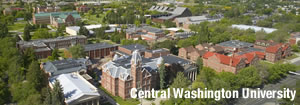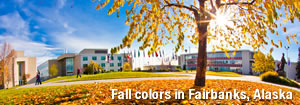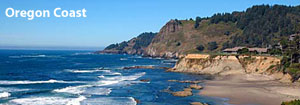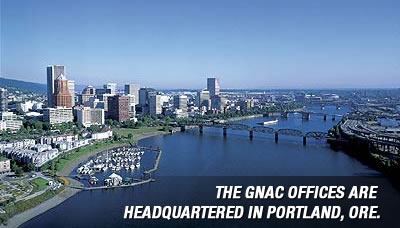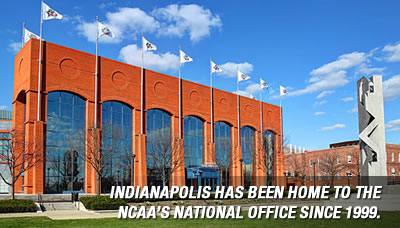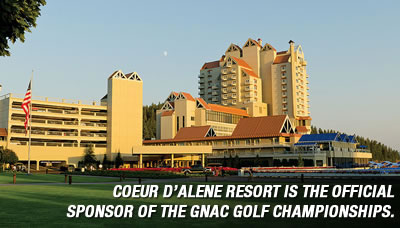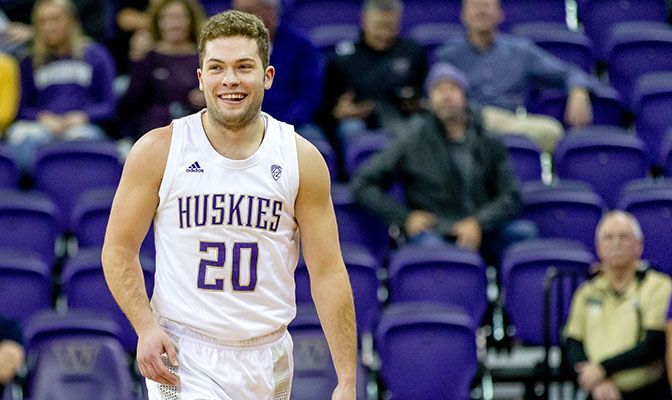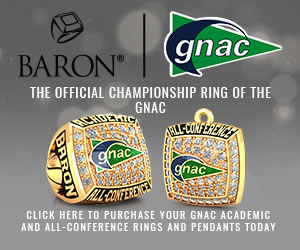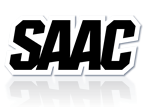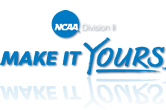Wednesday, January 27, 2021
by Blake Timm, GNAC Assistant Commissioner For Communications
FAIRBANKS, Alaska – When Quin Barnard stepped off the plane in Fairbanks last week, it was the first time he had ever been there.
After spending four years at Washington, where he was a walk-on with the Huskies’ men’s basketball program, Barnard knew he had some choices in front of him for his senior season.
But there was really no choice to be made. Barnard was going to play his final year of eligibility at Alaska.
“I knew I was going to come here pretty much as soon as our season ended at UW last year,” Barnard said. “I’ve been waiting this entire time, just waiting to come up and be able to play. So it feels great to finally be here.”
While playing at Washington fulfilled a lifelong dream for Barnard, coming to Alaska meant the chance to play again with good friends. He played with a significant part of the Nanooks’ roster during his prep and AAU days, including Koby Huerta, Deshawn Kelly, Roberto Gittens, Coleman Sparling and reigning GNAC Player of the Year Shadeed Shabazz.
“Shadeed is one of my best friends. Coleman and I played AAU together as well,” Barnard said. “We really clicked when we played together so once it got right down to it and realized that there was one more year of eligibility, I realized that this was a perfect opportunity to all play together.”
One of six transfers entering the program and one of three from Division I programs, Barnard believes the roster provides the Nanooks the parts it needs to rise from its semifinals run at the 2020 GNAC Men’s Basketball Championships to a conference championship.
And Barnard has some experience with winning as part of the Huskies’ 2018-19 Pac-12 regular-season championship team that advanced to the second round of the NCAA Division I Tournament. That winning experience came just two years after Barnard nearly gave the game up for good.
A LIFELONG DREAM
A lifelong Seattle resident from a long line of University of Washington graduates, Barnard’s dream was to follow the family line and play his home games inside Hec Edmondson Pavilion.
As a sophomore, then head coach Lorenzo Romar told Barnard that he would be invited to join the program as a preferred walk-on at the least. After leading O’Dea High School to the Washington 3A state championship game as a senior, however, the draw of a scholarship offer was too much to resist and Barnard committed to the University of San Diego.
Just days before he was to move to San Diego, Barnard had a change of heart.
“I have been a die-hard Husky fan all of my life,” Barnard said. “A few days before I left for San Diego, something clicked in my head that said I needed to go to UW. My dream was to play for them.”
As a walk-on, Barnard knew that his playing time would be limited. He saw limited minutes in 10 games as a freshman, scoring his only points late in the season at UCLA.
After the Huskies finished 11th in the Pac-12 with a 9-22 overall record, Washington let Romar go. The coaching transition made Barnard question his desire to keep playing.
“When Coach Romar got fired it just about took all of the juice out of me,” Barnard said. “I was really sad that he was gone because I had such a close relationship with him. So my sophomore year I decided to quit basketball. I literally thought I was never going to play again.”
When you are passionate about something, though, it is hard to stay away. That was the case for Barnard, who was extended an invitation by new head coach Mike Hopkins to rejoin the program. After some months of reflection, Barnard realized how important basketball was to him.
In his remaining two years, Barnard remained a role player for the program. He has no regrets.
“I knew my role. I knew what I was getting into. I knew I was going to be a walk-on and I wasn’t going to play that much,” Barnard said. “But the four years there, I could not be more thankful for everything that I learned. My last two years at UW, I really felt like I was good enough to be out there playing.”
While his Washington career was coming to a close, Barnard knew that he wanted to use his final year. With his connections with Sparling and Shabazz, it did not take long for him to decide that Fairbanks was the destination for him.
“With Coleman and Shadeed, I had been talking to them so much that I just had visions of us winning a championship and the opportunities that we could have,” Barnard said. “When we are all together we play so well. I got my head set on it and said that I was going.”
Barnard’s decision to transfer to Alaska was truly a leap of faith. Not only did he not take any official visit or go to Fairbanks, but he had also never seen the Nanooks play in person. What he did see was games online and what he saw helped clinch the deal.
Since his arrival last week, Fairbanks has been everything that he expected and everything that he had hoped for.
“Everyone just talks about how cold it is,” Barnard said, adding that he was experiencing one of the city’s “nice winter days” with a high of 15 degrees. “I like it here. I go out for a walk every night. I go up on a hill and there are some really cool views. For what I wanted, it is perfect for me. It’s basketball and school and you can focus on your stuff. I love it.”
GREAT EXPECTATIONS
Behind the explosive athletic ability of Shabazz, Alaska turned heads in the GNAC in 2019-20, head coach Greg Sparling’s second season with the program. After going 5-22 and finishing 11th in the conference the season before, the Nanooks improved to 12 wins and advanced to the GNAC Championships for the first time since 2016.
At the GNAC Championships, the No. 6 seeded Nanooks put the conference on notice. In the quarterfinals, Alaska rode a championships-record 42-point performance from Shabazz to knock off No. 3 seed Western Oregon, 91-88. While the Nanooks lost in the semifinals to eventual tournament champion Western Washington, the arrival was well noted.
The level of play that Barnard saw in the Nanooks proved something that he believes about the level of talent at the Division II level.
“There are some unbelievable players in Division II that could be playing at high-level Division I,” Barnard said. “All of the high-major schools want big, athletic guards, so Division II gets a lot of the smaller guys that were under-recruited. The drop off is in the physical traits, not the skill.”
The same can be said for coaching. Barnard says he sees a lot of similarities between Greg Sparling, who is in his 27th season as a Division II and NAIA head coach, and Romar.
“In a weird way, they are similar in my experiences with both of them,” Barnard said. “They are very intense but it is not the yelling at you type of intensity. They care so much about the game and they are so into it. They are both so intense that they show their passion when they are out there coaching.”
A communications and sales major at Washington, Barnard is taking classes in UAF’s sports management department with career ambitions in either commercial real estate or potentially as a sports agent. Before then, however, he feels like he has the chance to positively impact the future of the Nanooks’ program.
The first step is to help develop a culture of guys that are not only teammates but also friends on and off the court.
“I have been on teams in the past where we didn’t all hang out with each other and it shows on the court,” Barnard said. “When everyone is friends with each other, like we are, and when you do everything together, it shows on the court. Being in the gym together all of the time, being good people off the court and on campus, brings it all together. It all has an effect on how good our team is.”
From there, Barnard’s hope is to instill that culture in the younger players of the program. If it does, Barnard believes, success is in the cards for Alaska for years to come.
“I would love to be able to come back and watch them in the future and see the culture that we instilled here carry over,” he said. “We want people to ask who this team from Alaska is. To be able to put Fairbanks on the map like that as a program and as a university is really important to me.”

